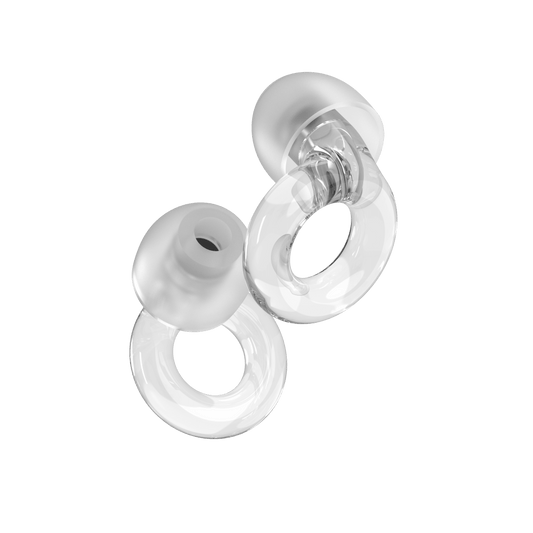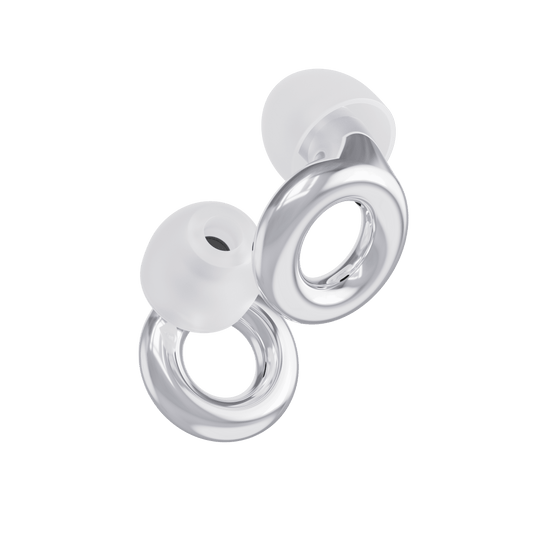It’s 5pm: Witching hour.
Bathtime was a battle. Hairwash was a minefield.
And to top it all off, you’ve burnt dinner twice.
And there it comes: “Mummy, the dog ate my tedddddyyyyyyy”.
That’s it. You’re done. You can feel the rising rage – and you’re ready to snap.
It’s a common scenario, and one that every parent can relate to. Although of course we all know that it doesn’t actually help to get angry at your kids. Not only does it add fuel to the fire, but the inevitable waves of guilt that follow just aren’t worth it.
But it’s not always easy to stay calm. You can start out with the best of intentions, wishing to be a more peaceful parent, but when all your buttons are being pressed (all day long), it can seem like an impossible mountain to climb.
The important thing to remember is that you’re not alone. The rewards and wonders of parenting are many, but that doesn’t mean it’s not challenging and frustrating too.
We may dream of a peaceful home, free from conflicts, tears, and tempers. But it’s just not always realistic.
In this blog post we’re going to focus on staying calm as a parent, understanding why we lose it, and tips for how to keep your calm.
Why do I get so frustrated at my child?
The truth is, there are many reasons.
It can, at times, be completely overwhelming. On our senses, our brains, our nerves. It can simply be too much. You’ve tried to get a handle on your patience all day and now you’ve just had enough, making the idea of practicing peaceful parenting seem a million miles away.
For new parents, it can be extra stressful. You’re sleep-deprived, strung-out, and have no idea how to deal with your baby who won’t stop crying.
NOTE: If you’re feeling low and anxious with your new baby, make sure you reach out to your midwife or health visitor for help (or even just a sympathetic ear). You’re only human and new parents deserve all the support there is.
What is sensory overload?
Do you ever feel like you’re super sensitive to the world around you?
Smells are too strong, noises too loud, and too much movement near you is hard to handle.
It could be that you’re someone who is sensitive to stimuli in their environment. And if it gets too much, then sensory overload can happen.
Sensory overload is when your brain is getting more input from your senses than it can cope with. During overload, your body goes into a mode where it just wants to keep you safe. It stops being able to use its higher centers of reasoning and emotional regulation.
Because of this your body releases stress hormones, which send your body into a state of fight-or-flight response mode. Which as a parent, is not ideal.
In fact, constant exposure to this can lead to feelings of intense frustration, anxiety, and even depression.
Symptoms could include:
- Finding it hard to keep focus
- An overwhelming need to close your eyes or cover your ears
- Extreme irritability, anger, or meltdowns
- Unable to calm down
- A strong urge to escape the situation
- Becoming uncoordinated or off-balance


What is parental burnout?
We’ve all heard the word ‘burnout’.
Usually, you think of someone who’s just on the verge of breaking point, like an overworked employee or a college student juggling partying and studying. But we don’t talk enough about parenting and how it can lead to burnout.
The thing is, parenting comes with a mountain of expectation and responsibility – it’s life-changing and full of joy. But draining, too.
Parental burnout refers to the intense exhaustion that a parent experiences when they feel like they can’t cope with all the demands they’re facing daily. And it differs from ordinary parent stress levels as it tends to be more chronic in nature.
Coupled with the fact that break times are a rarity and you’re constantly on the go, it’s no surprise that some parents face burnout and struggle to cope.
This state of exhaustion can:
- Cause parents to emotionally distance themselves from their children
- Make parents doubt their parenting abilities
- Increase the likelihood of mental health issues such as brain fog, depression, memory impairment, and OCD tendencies
- Affect relationships by increasing conflict and miscommunication, especially if both parents are feeling burnout
- Cause sleep issues such as insomnia
How to be a calmer parent
It can seem like a daily battle, but there are some things that you can do to feel calmer, stop the snapping, and get “you” back.
Here’s how to stay calm as a parent:
- Make time for self-care
It’s not selfish.
As parents, we’re sort of hard-wired to feel guilty when we go to put any focus on ourselves. Somehow, in our minds, it quickly turns into ‘neglecting my child’s needs’.
The problem is that this mentality puts parents at more risk of burnout. Making sure you have time to take a shower, take a brain break or do something you enjoy isn’t only a nice-to-have, it’s completely necessary for your emotional (and physical) wellbeing, making relaxed parenting all that more achievable.
Not only will you feel more refreshed, but you’ll also come back to the situation feeling more able to cope. Which not only benefits you, but your child too.
“It would be so amazing if I could just take the edge off the noise (but still hear the kids, of course)”.
Let’s face it, when it comes to parenting, it sounds ideal.
Noise-reducing earplugs can really help with sensory overload, minimizing your chances of burnout and helping you to keep calm.
Loop Engage are earplugs that limit the volume of parenting life by reducing noise levels by up to 16 decibels. With a patented acoustic channel and a newly engineered filter, they’re 100% safe to wear while looking after children. You’ll still be able to hear everything, just with the edge taken off.
They’re also ultra-comfortable and flexible, and fit into all types of ears.
- Talk to someone
It’s true what they say, it really is good to talk.
So try and open up about how you’re feeling. Whether it’s your partner, a friend or family member, or a mental health professional, it’s important that you let others know what’s going on. You could feel like the weight of the world has been lifted from your shoulders.
- Exercise
Get all those positive endorphins flowing, release frustration and get rid of the negative energy.
In whatever form, exercise works wonders for your mood. So get moving with a little gym workout, an exercise class, or even a short walk after dinner.
- Be kind to yourself
Let go of negative feelings and give yourself some love.
Parenting is taxing, and a full-time job. It’s OK (and completely normal) to feel how you’re feeling.
Calm parenting is no easy feat. So wave goodbye to the feelings of guilt and shame, they will only make the situation worse.
- Set boundaries
It’s OK to say no.
That’s to your children. Your partner. To your talkative neighbor that insists on popping over for a chat.
And set boundaries for yourself, too. Forget the housework for the day if you’re feeling overwhelmed. By taking the pressure off yourself, you’ll be amazed what it will do for your stress levels.
- Get more sleep
Yeah, right. It’s not that easy, is it?
But good sleep works wonders for elevating your mood.
So have a think about anything you can do to fit more snooze time in, even if it’s just a rest or a quick nap.
Try staying away from screens before bed and cutting out alcohol or caffeine. It could be exactly what you need to get your stress levels lower.
- Try some meditation
When we’re stressed our breathing is often shallow, or sometimes we even hold our breath.
Try practicing meditation and using breathing techniques for instant relaxation. Or even just find a quiet space and take some long and deep breaths in and out for a few minutes.
You’ll be surprised at the difference.[Einde van tekstterugloop]
- Remember: the “perfect parent” doesn’t exist.
Take the pressure off yourself.
The culture that we live in puts impossibly high expectations on parents, especially with social media making it seem like all other parents are living their best lives and doing a much better job than you are.
Remember that it’s an illusion - we’re all human beings trying to do the best job we can do. Perfect doesn’t exist, so aiming for that isn’t achievable.
Our earplugs
Key Takeaways
- Considering the 24/7 nature of parenting, it’s completely natural to find it hard to stay calm all the time.
- Sensory overload is when the brain is getting more input from your senses than it can cope with. A parent is likely to experience symptoms such as irritability, an inability to focus or trouble calming yourself down.
- Parental burnout is common, too. It’s the feeling of pure exhaustion and an inability to cope that a parent feels and can lead to them distancing themselves from their children, hugely disrupted sleep or even depression.
- Noise-reducing earplugs can really help to reduce the noise of parenting, while making sure that you can still hear everything you need to.
- There are coping strategies for how to be a calm parent, such as practicing self-care, doing some exercise, and setting boundaries.

How To Deal With A Crying Baby
Discover effective strategies to soothe a crying baby, ensuring their comfort while maintaining your calm. Essential ...

Sensory overload and kids during COVID - testimonial
COVID-19 has us all locked up inside, combining parenting, relation and work with little distraction. Sensory overloa...

The Impact of Noise Sensitivity on Daily Lives: Unveiling the Statistics
There are as many as 6 million people with noise sensitivity in the UK We conducted a survey to ask “How much of a...
















